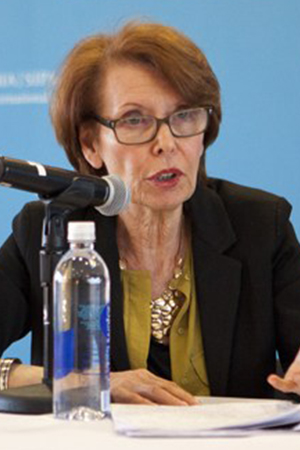Challenging the Conventional: Can Post-Violence Renconciliation Succeed?
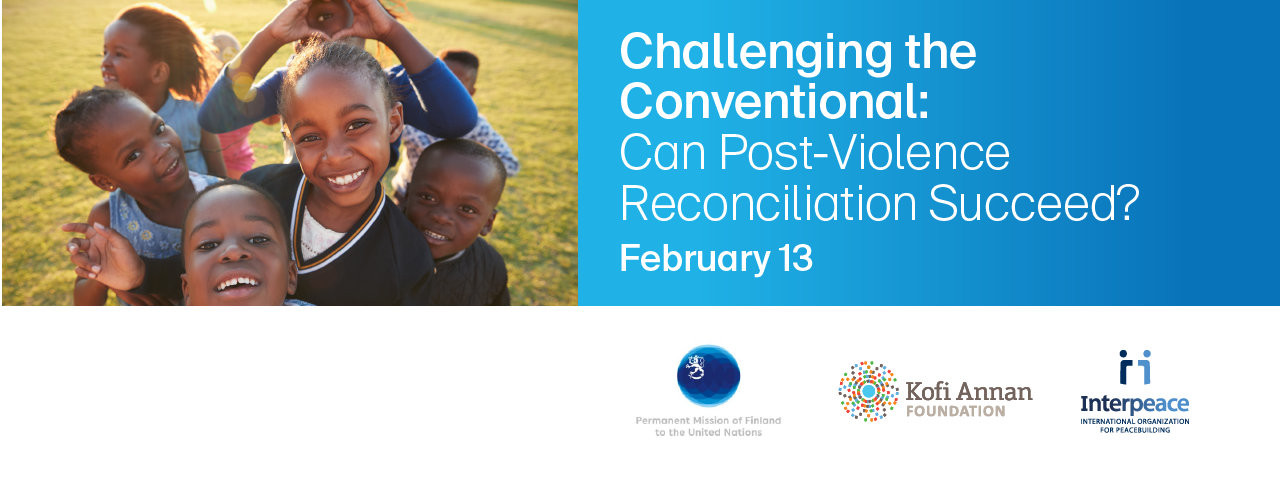
Description of the event
Reconciliation is a deeply complex process, which has gained increasing prominence on the agenda of peacebuilding and a given ingredient in almost any peace agreement and post-conflict reconstruction process. Yet reconciliation remains a contested and highly context-specific notion and there is a lack of understanding of what works in advancing reconciliation.
The Kofi Annan Foundation has partnered with Interpeace to examine past reconciliation efforts, with the support of the Government of Finland and the Robert Bosch Foundation.Their research, which is based on four case studies in Guatemala, Northern Ireland, DRC and South Africa and on experts’ inputs, resulted in the recent publication of a report titled ‘Challenging the Conventional: Making Post-Violence Reconciliation Succeed.’ This report examines some of the difficulties and dilemmas societies and the international community have encountered throughout reconciliation processes. It seeks to raise critical questions about how these issues can be addressed at different levels and by different actors, and what guiding principles are needed to ensure that mechanisms created to address these issues do not obstruct or contradict each other.
Building on this publication, Interpeace and the Kofi Annan Foundation, with the support of the Permanent Mission of Finland to the United Nations will present two panel discussions on February 13, in New York City, to present the report to a diverse audience of policymakers, practitioners, academia, and civil society. The participants will outline the findings of the report and comment on their experiences and understanding of reconciliation processes in post-conflict politics.
Objectives
- Position the Reconciliation report as a benchmark for peace practitioners and experts
- Demonstrate the applicability of the findings in different post-conflict settings
- Raise the interest of stakeholders engaged in reconciliation in using the findings
Guiding Questions for the panel discussion:
- How do the objectives, understanding and nature of reconciliation evolve and change over time depending on the features of conflict and where the country is in the peacebuilding process?
- At what levels of society should reconciliation efforts be attempted? Can reconciliation processes focus on both intergroup relationships (horizontal reconciliation) and state- society relationships (vertical reconciliation)?
- Who shall drive the reconciliation agenda? How to make sure the process does not give a prominent role to the state and armed groups, while overshadowing the victims?
- How can the international community create conditions under which reconciliation can be initiated?
Launch for Policymakers-UNHQ
Date: 13 February
Time: 1:15 – 2:30 PM
Place: Room VI at United Nations Headquarters, New York City
Moderator: Finnish Ambassador Kai Sauer
Panellists:
- Scott Weber
- Maud Roure
- Priscilla Hayner
Public Launch-Columbia University
Date: 13 February
Time: 6:00 – 8:00 PM
Place: International Building 802 at Columbia University, New York City
Moderator: Elisabeth Lindenmayer
Panellists:
- Scott Weber
- Pamina Firchow
- Priscilla Hayner
Speakers Biographies
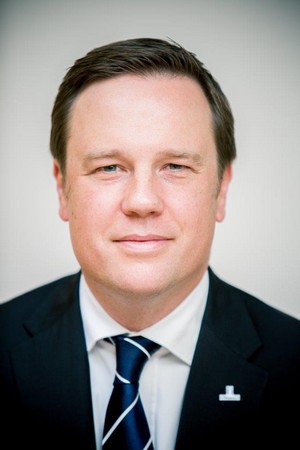
Scott M. Weber
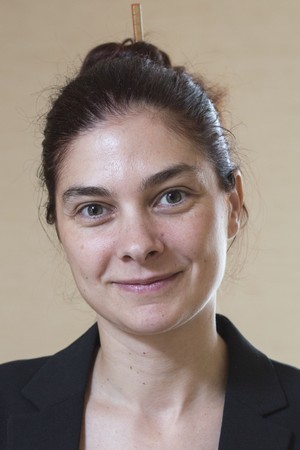
Maud Roure
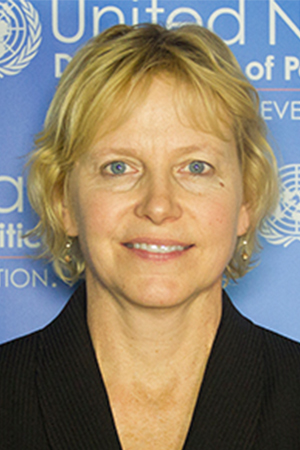
Priscilla Hayner

Pamina Firchow
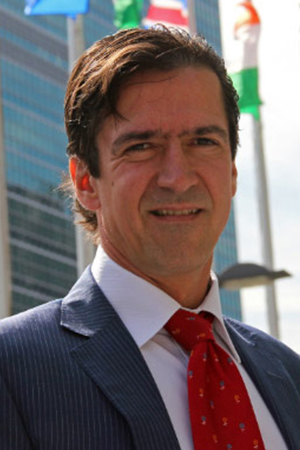
Ambassador Kai Sauer
